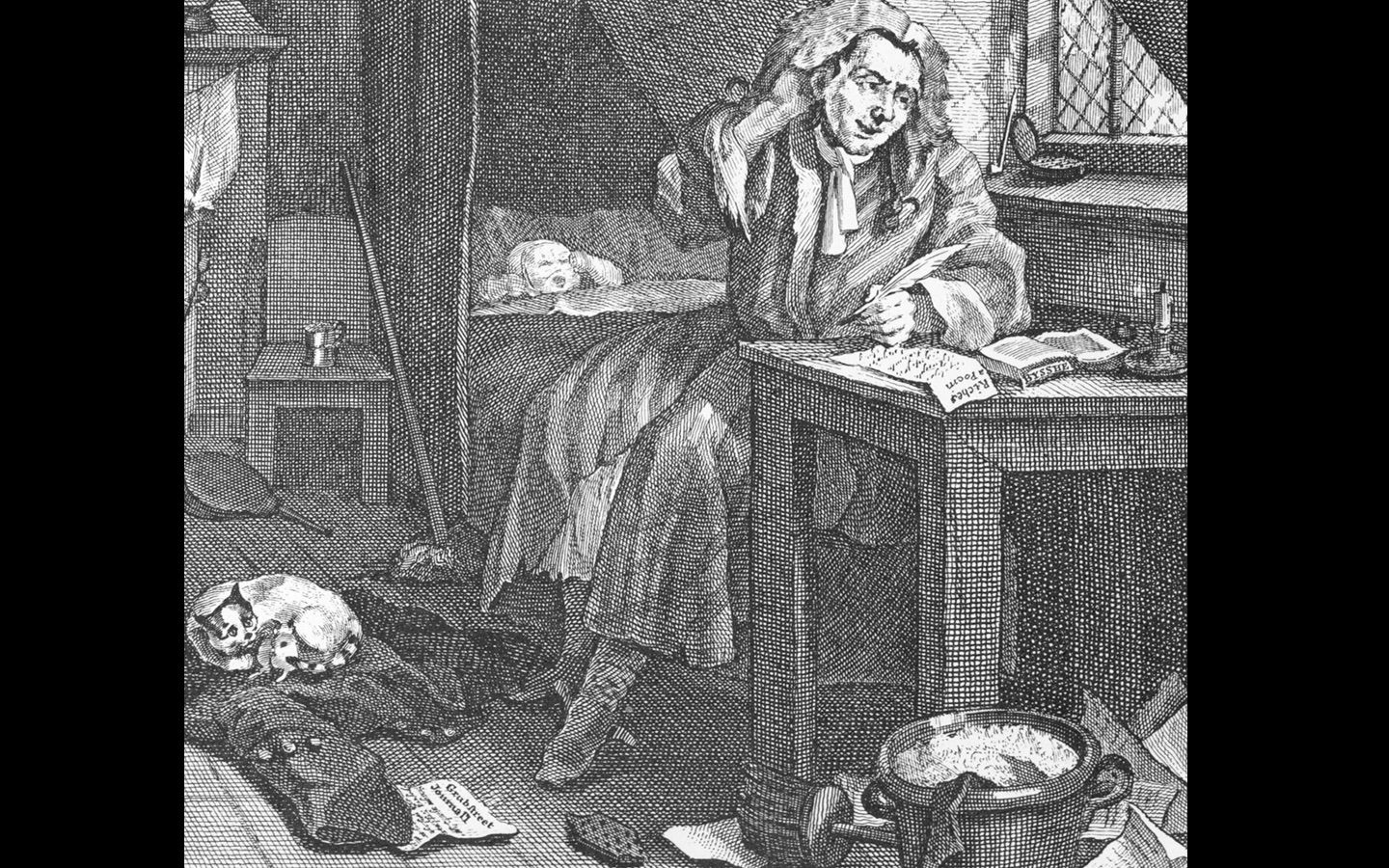
ESSAYING EDITING AND THE WRITING PROCESS
Whether you are writing, editing, or proofreading an essay, dissertation, legal document, Forbes has recently compiled a helpful list of ten quick and easy tips from editors of The New York Times and other respected publications to improve the writing, editing, and proofreading process. Read the full-length article here.
Two overarching lessons emerge from the list of compiled tips: (1) good writing is simple and concise; and (2) the process leaves time to establish distance from your writing. The first is simple enough: say what you need to say in as few words as possible. Use no fancy words and repeat yourself sparingly, that is to say, only ever as a point of emphasis.
As seasoned writers and editors know, writing is about rewriting and then editing and proofreading. This is coupled with the patience to draft and redraft text, and this holds no matter the subject of one’s writing and editing.
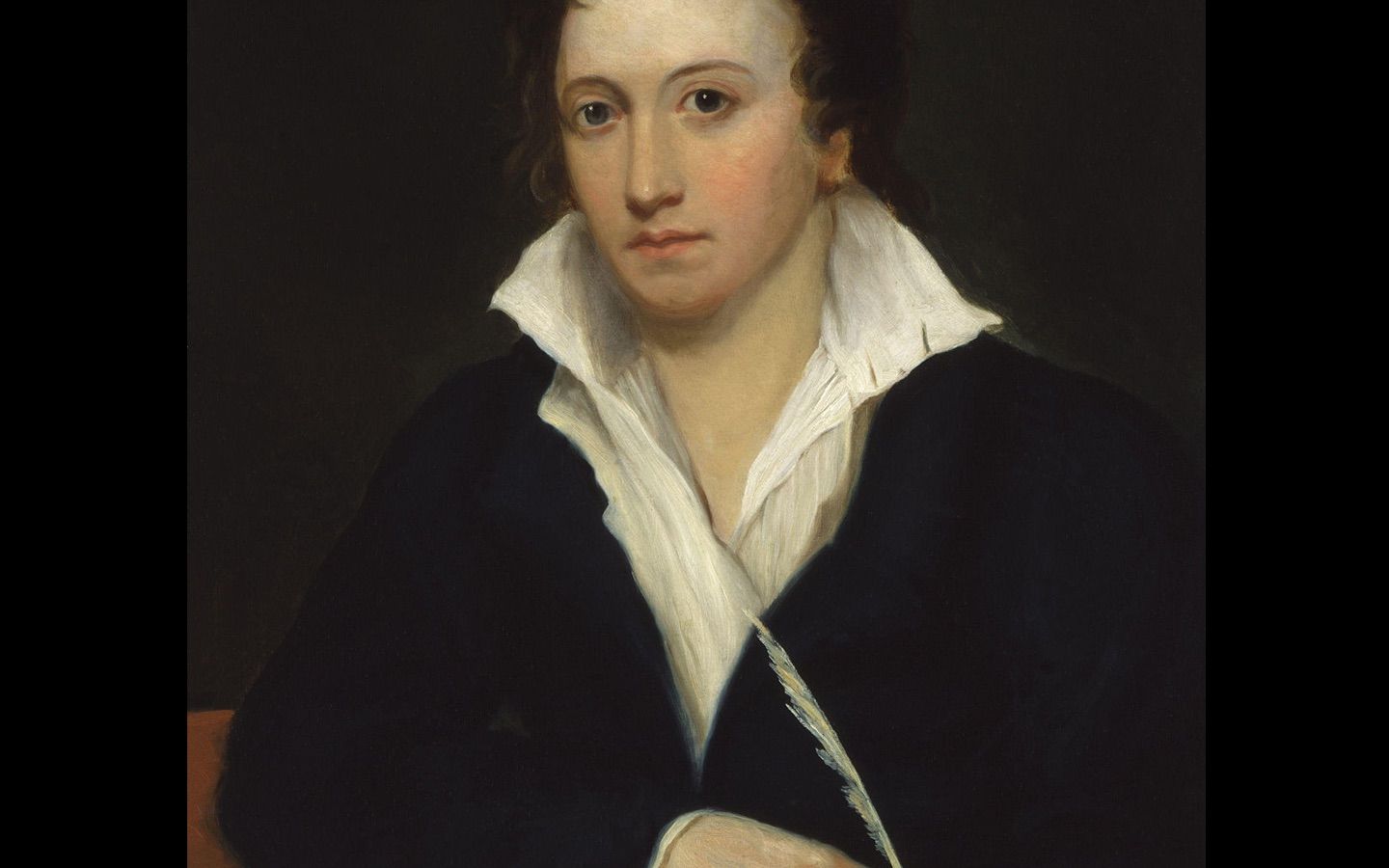
LITERARY AND EDITORIAL SPACES
Though it is easy for editors and proofreaders to tear through an initial draft, to delete, correct, reword, and scrutinize the author’s every sentence, the author likely sat for hours in front of a blank page, agonizing over every possible word and sentence—writing, rewriting, proofreading and back again. Writing and proofreading are no easy feats, no matter the ambition—dissertation, novel, or whatever else. Even the best writers and editors struggle. Part of that struggle is to find the fabled space where one can write (and proofread) with ease.
For Phillip Pullman, the author of The Golden Compass, that space consists of having “various magic bits on the table”, such as a magnifying glass, a “special pen” (of which he has three), and “a piece of scientific apparatus used in search for dark matter”. According to Pullman, having these objects on his table enables him to write “more easily”, “more comfortably”, and “with less anxiety”.
More curiously, Pullman can only write, edit, and proofread on two-hole paper. When he only had access to four-hole paper for a period, he stuck stickers over the extra holes to facilitate his writing and editorial sessions. It was a stroke of luck, then, that he eventually found a Canadian supplier who sold the two-hole matter.
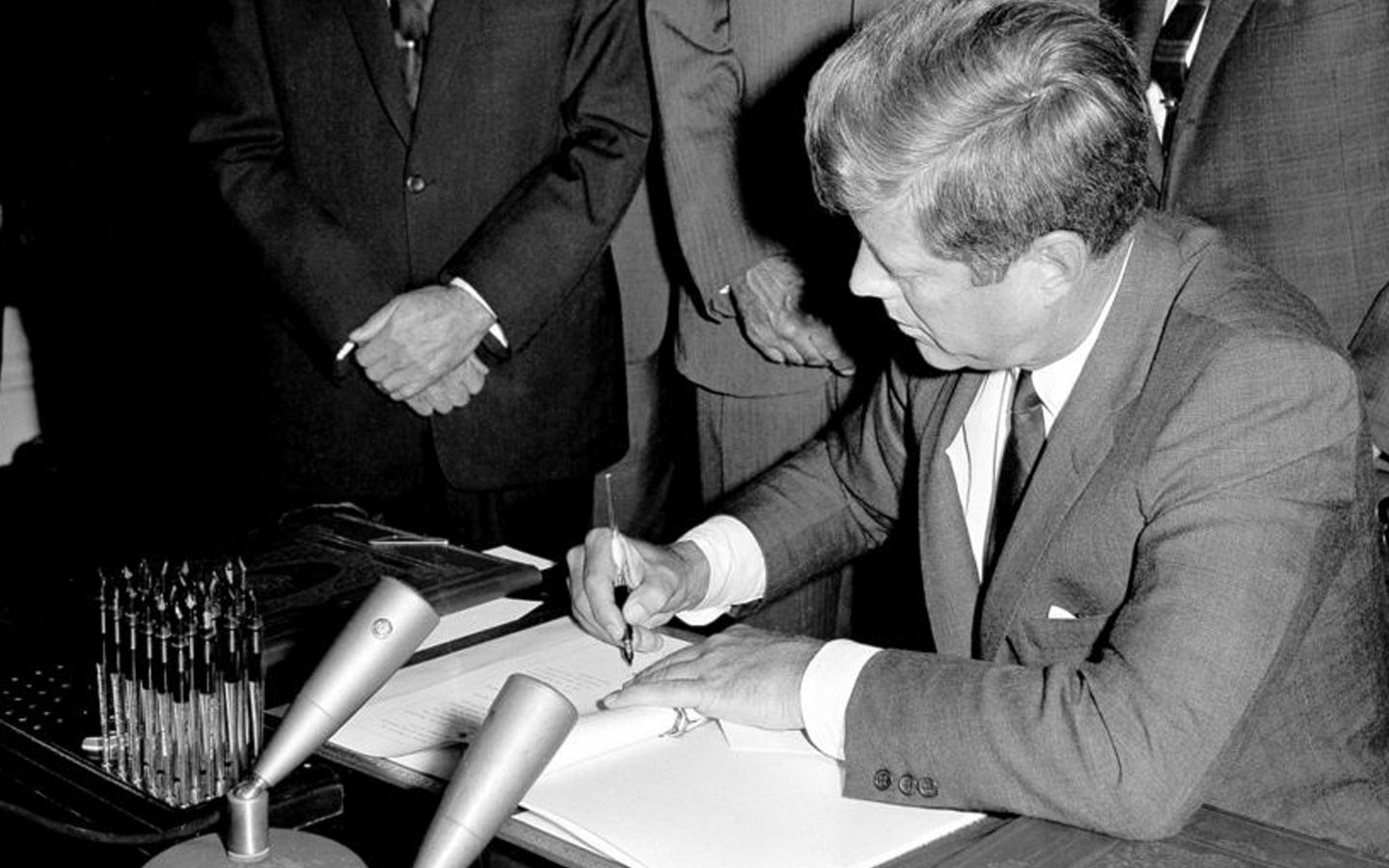
TRUMP’S MISSING EDITOR AND THE CASE OF VOTER CONFIDENCE
There is probably no better example to illustrate the importance of good proofreading and editing than Donald Trump’s barrage of misspelled, garbled Twitter rants. A recent article from the Business Insider reports that a new poll suggests that Trump’s constant misspellings are costing him voter-confidence here.
The poll reveals that 74 per cent of respondents would be less likely to trust a politician if their social media posts contain spelling errors, poor grammar, and compromised sentence structures. The poll also asks respondents to evaluate Trump’s ability to do his job based on the President’s individual misspelled tweets. After being shown to respondents, a tweet about an “unpresidented” act of China entailed the finding that 71 per cent are less confident about the President’s professional competence. This rose to 76 per cent when respondents were shown a tweet in which the President misspelled “tap” while alleging that the Obama Administration tapped his phones. A tweet where the President misspelled “the” and “has”, when shown to respondents, returned the result that 80 per cent are less confident. The general indication is that editing and proofreading—particularly editorial acumen of the political and legal variety—is linked to the public’s confidence in the competence of their political leaders.
The survey also asked open-ended questions about common associations that respondents think of when they see a typo in official communication. Some of the terms that commonly came up were “incompetent”, “lazy”, “careless”, and “unprofessional”. The article notes that no scientific research has yet been done about how erroneous spelling can affect one’s political image, the most likely reason is that most politicians do not misspell words at the same frequency as Trump. Nevertheless, at least according to the poll, issuing a string of misspelled tweets, replete with grammatical and other editorial infelicities, certainly does nothing to help boost voter-confidence.
There is little doubt that President Donald Trump is in dire need of editorial and proofreading assistance. Even so, no editor or proofreader would likely be able to be of any assistance for tweets that are fired off at 3 a.m.

EDITING AND PROOFREADING FOR EVERYONE
The rapid advance of proofreading and editing technologies in recent years seems to point to the inevitable demise of editorial services. Why hire someone to clean-up your spelling when autocorrect does the same work with seemingly greater efficiency?
A recent article from the BBC, however, begs to differ. According to the article, autocorrect is helpful if it accurately pin-points the author’s intended choice of words. Nevertheless, while erroneous spelling may be on the decline, autocorrect gives rise to its own unique difficulty, namely, the chronic misuse of words.
Most of us have been victims of embarrassing autocorrect blunders at some point in our academic, literary, and editorial lives. And who can forget the never-ending slew of “covfefe” jokes and memes generated online as a result of Donald Trump’s infamously misspelled tweet? On top of that, as a further exasperation of this particular issue, autocorrect produces the mistaken belief that we no longer need to check our spelling. And yet now it seems that poor word choice is the order of the day, to the chagrin of academic editors and proofreaders everywhere.
It is certainly true that there are some fora, such as Twitter and Facebook, where informal language and varied spelling come into their own. Yet research shows that a company website with spelling mistakes, poor grammar, and other editorial demerits undermines credibility and drives away potential consumers. In order to gauge writing and proofreading ability, employers in Australia, for example, now ask candidates to take a written test. Finally, a survey of users of an online-dating website found that 39 per cent judge candidates by their grammar, more so than smiles and sense of style. These findings, indeed, suggest that good editing and proofreading—academic, literary, corporate, or otherwise—is hardly on its way out.
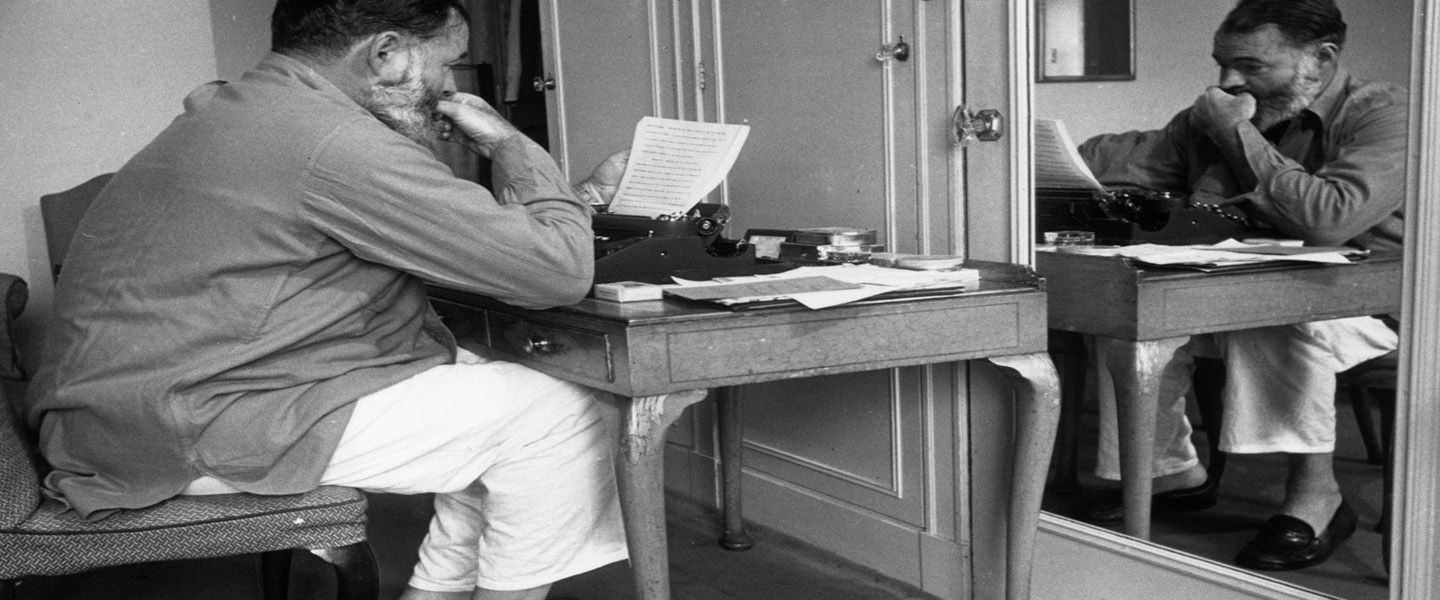
HEMINGWAY: AS WRITER AND PROOFREADER
In a review of a new Hemingway Library edition of The Short Stories of Ernest Hemingway, Peter Tonguette laments as Hemingway, an author known for his concise and effective storytelling, was exposed as “just another hardworking writer” as earlier drafts of his work are displayed next to the finished products here.
Tonguette questions the aim of this edition, arguing that if Hemingway had worked around the clock to hide the seams of his work through laborious rounds of proofreading and editing, then why lay waste to his efforts by digging up those very seams? He doubts the supposed value of reading earlier renditions of Hemingway’s polished work, calling it “tiresome” and “irritating”. He recommends that readers buy the book for the collection of short stories rather than the corresponding drafts. Finally, as the curtain is lifted, Tonguette expresses his disappointment at the underwhelming figure of Hemingway, whose sparkling rhetoric turns out to be, in part, the result of hours on hours of proofreading and editing.
Yet why is anyone surprised? One of the first and most important things anyone is ever taught about good writing is that it does not appear seemingly ex nihilo. Writing, as they say, is about dogged rewriting, that is to say, about editing and proofreading. Tonguette is specifically frustrated that Hemingway’s editorial drafts are not particularly pleasant to pore over, ending his review by observing that the only purpose they might serve is to make us better appreciate Hemingway’s finished products. Although one has to wonder why Tonguette chose to read Hemingway’s drafts as though they are themselves works of literature. He seems so enthralled by the quality of Hemingway’s writing that he refuses to believe that it can come from something as ordinary as persistent draft editing. Far from being a disappointment, viewing the messy, imperfect, and frustrated drafts of great works of literature can be a tremendously motivating and enormously inspiring experience. It can act as a much-needed and invaluable reminder during our own writing processes that great editing begets great writing.
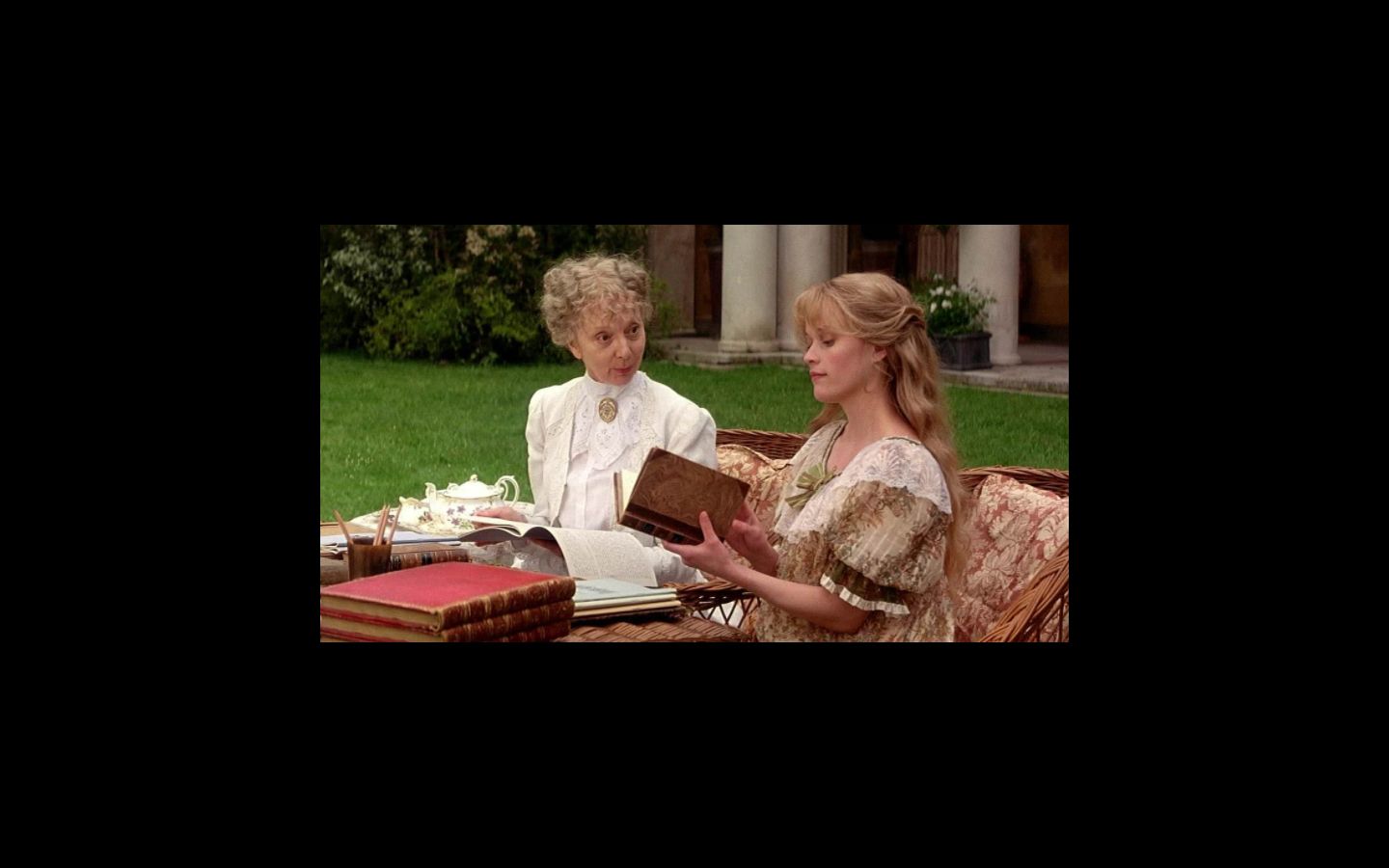
ACADEMIC EDITING & THE IMPORTANCE OF BEING GRAMMATICAL
A $10m lawsuit is underway in the United States Court of Appeals for the First Circuit that centres on a missing Oxford comma. Lo and behold the importance of dissertation editing services and academic proofreading. You can read the full 29-page decision from March 2017 here.
For the uninitiated, the Oxford comma functions in a list of three or more items and follows the penultimate item—for example, in “law, politics, and philosophy”. Many argue that without the Oxford comma, one might be forgiven for arguing that the list implies just two items: (1) the subject of law; and (2) the subject of politics and philosophy.
Academics in the UK are generally more compliant given the grammatical prowess of Oxford University. Some departments at Oxford even require the comma as part of their editorial house style for DPhil / PhD dissertations and master’s theses. We have not looked up the matter, but there is very likely a book in some college library that relates horror stories of dissertation or thesis editing gone awry over the now infamous comma.

MORRISON PREDAWN WRITING
'I am not able to write regularly. I have never been able to do that—mostly because I have always had a nine-to-five job.' Toni Morrison's 1993 interview on the art of her fiction.
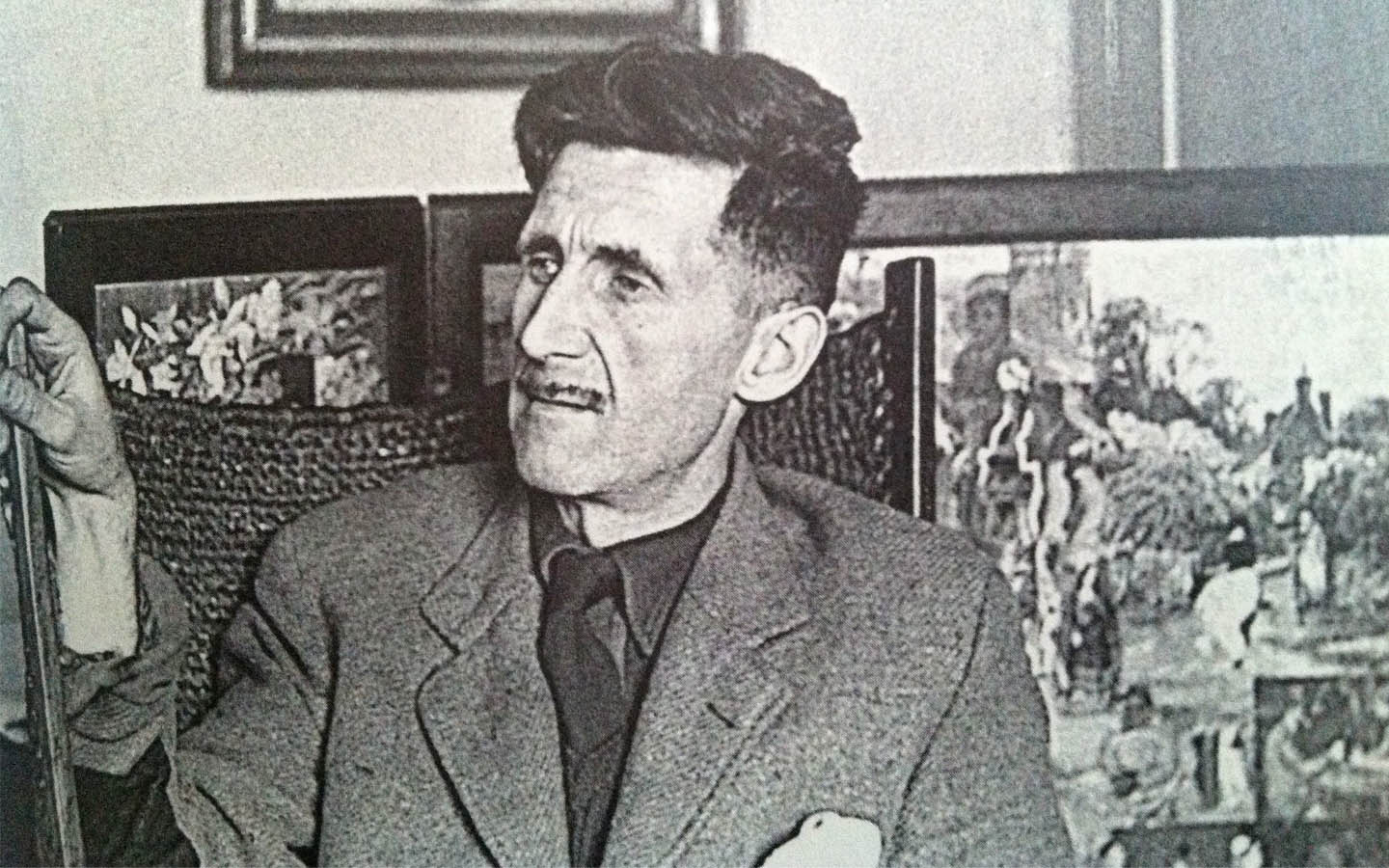
POLITICS AND THE ENGLISH LANGUAGE
'If thought corrupts language, language can also corrupt thought.' Orwell’s classic, ‘Politics and the English Language’, here.

THE PERILS OF CLICHÉS
'... clichés attempt to smother idiocy with deep learning (or "core" learning, perhaps). What is this fascination with stale language? Let me rage.’ Robert Fisk on the perils of clichés.
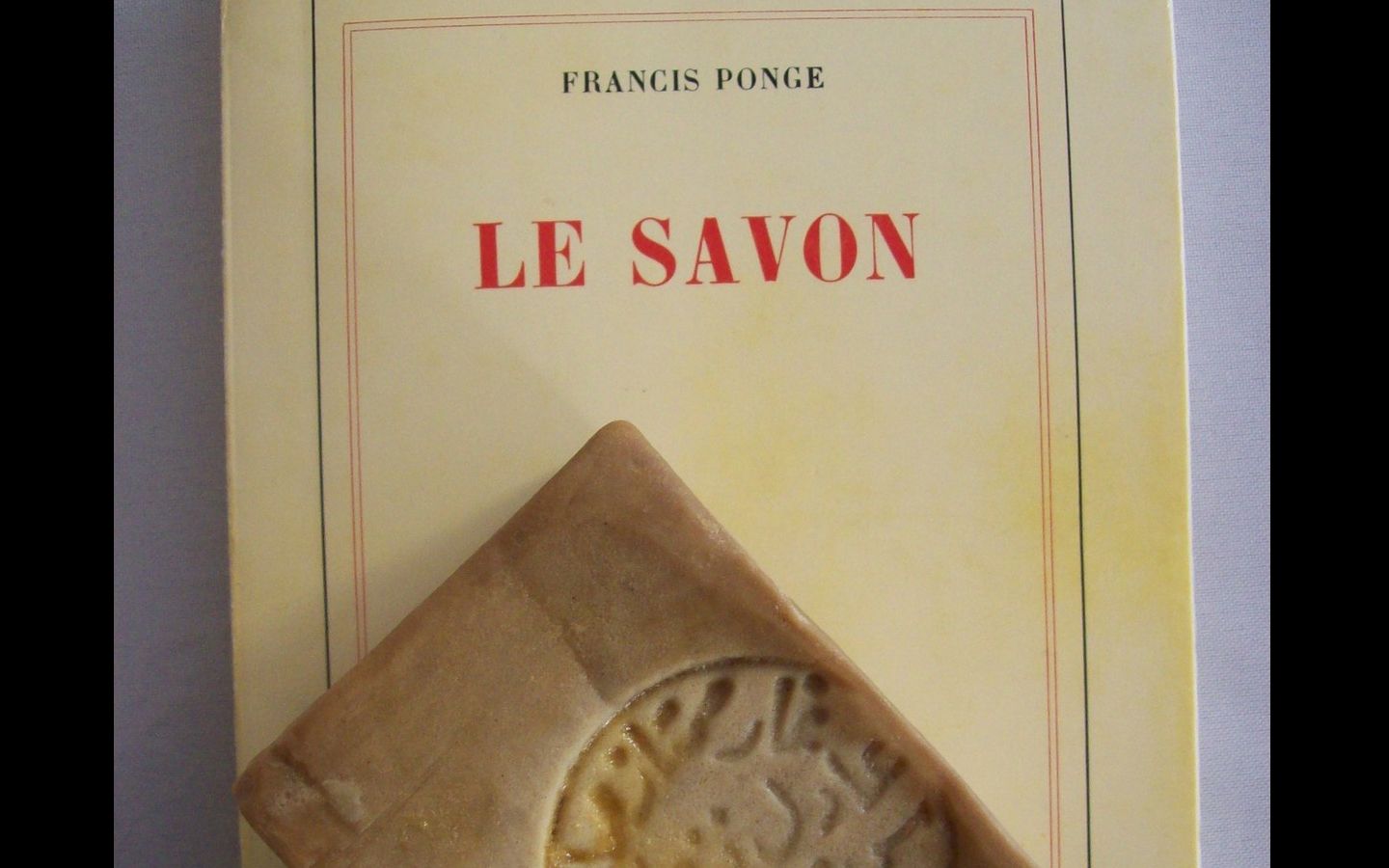
PONGE THE POET OF THINGS
'"[A] mind in search of ideas should first stock up on appearances." Francis Ponge's famous meditations on the soap bar.